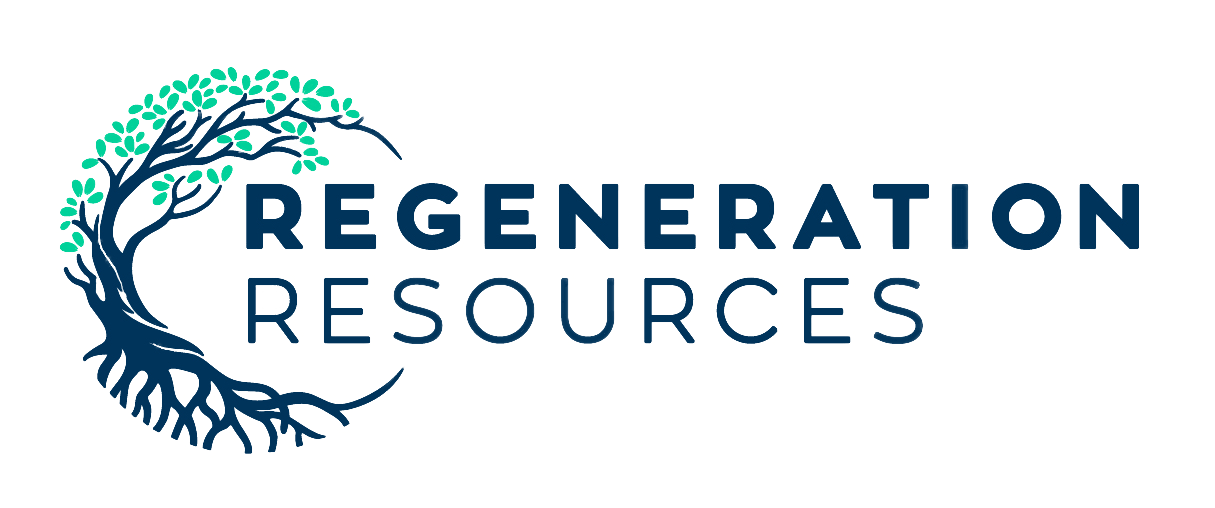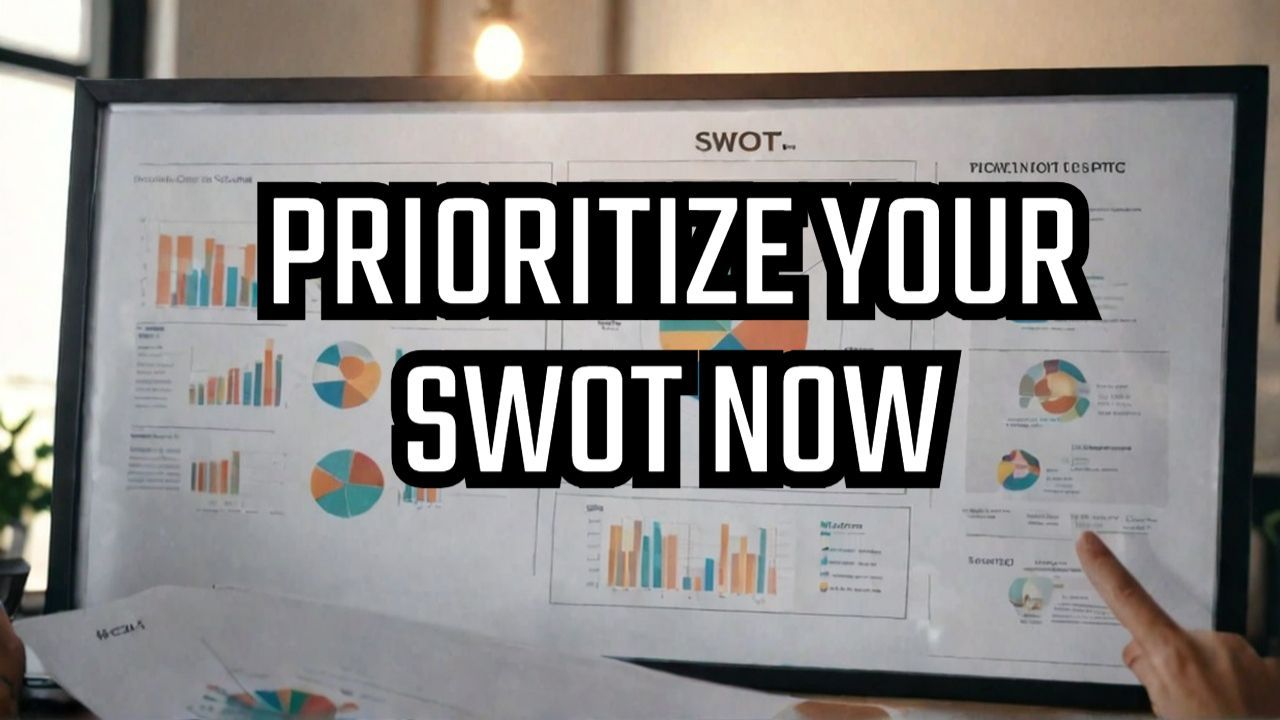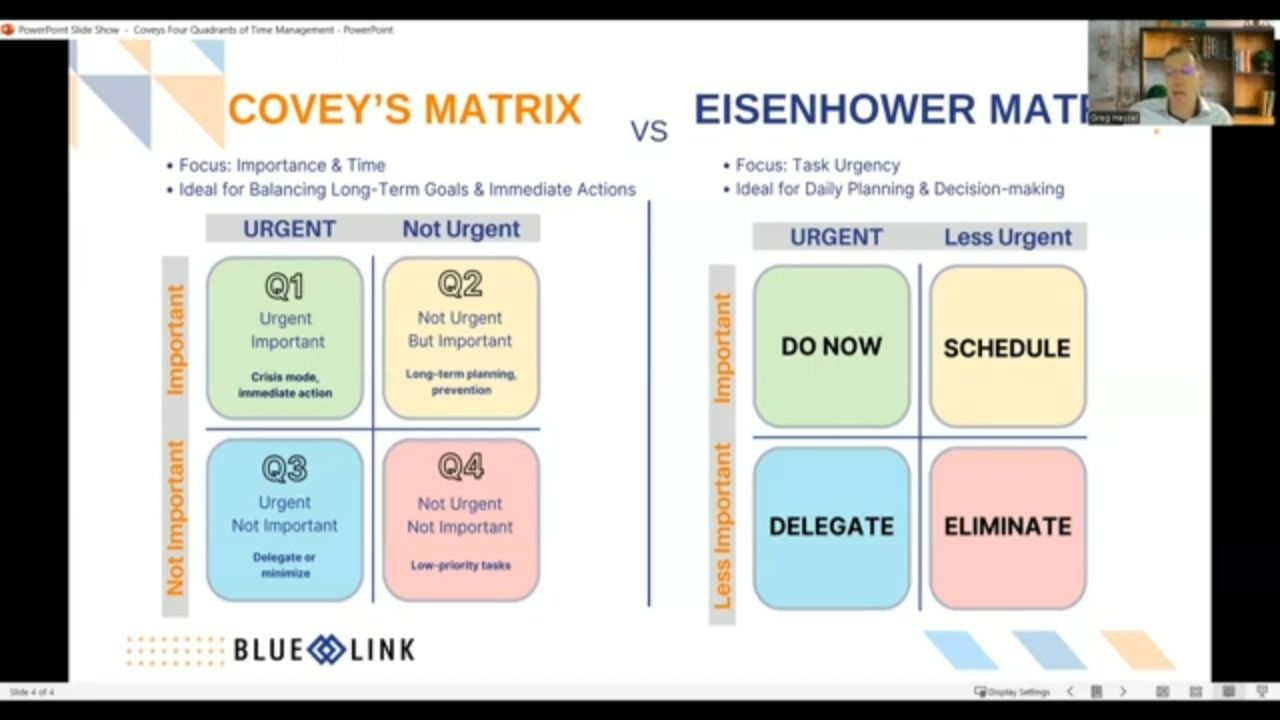Overcoming the Fear of Receiving Feedback
What Receivers of Feedback Can Do Differently to Prevent Conflict

Most of what has been written about feedback is focused on how feedback is delivered. What is often ignored is how to receive feedback. In the book Thanks for the Feedback, Douglas Stone and Shelia Heen describe how to receive feedback well, “even when it is off base, unfair, poorly delivered and, frankly, you’re not in the mood.”
Given that, on average, most of us receive feedback as often as we deliver it, this seems important. The authors suggest that those of us who receive feedback are triggered by our perception of the truthfulness of what is being said, our relationship with who says it, and what we think it means about our identity. Here are some highlights:
1. Looking for “feedback” can be about wanting appreciation, coaching, or evaluation. If we want appreciation and get an evaluation, or want coaching and get appreciation, we won’t be satisfied. Be clear about what kind of feedback is being sought or delivered.
2. Before reacting, be sure you understand. Shift from “That’s wrong”, to “Tell me more”.
3. Learn how you are perceived. This entails learning about blind spots. Most of us judge ourselves by our good intentions, but we still might impact others in negative ways.
4. Separate the messenger from the message. While the person delivering the feedback might not have credibility in your eyes, the message might still be valid. “Who are you to judge me?” is irrelevant. What is important is what we can learn from the message.
5. Take a few steps back. Look at the relationship, your roles, and the big picture to try to clearly identify the problem the feedback is trying to solve. Often, the problem is not anyone’s fault, but a system’s problem.
6. Be aware of your distortions. Usually, the story we tell ourselves about what we are hearing is not the same as what is being said. Globalizing or exaggerating the feedback are distortions. Work to see feedback at its actual scale.
7. Cultivate a growth identity. Researchers have identified that a major catalyst of learning is not thinking of ourselves in black and white terms (i.e. I’m a great or awful consultant) but rather as continuously learning or getting better. If we don’t think of ourselves as perfect and have a more realistic view of ourselves, we become less reactive to feedback that might indicate we are not perfect yet. This is usually more honest as well as more helpful.
Here is another blog we published on receiving feedback.
Every few months I produce a free newsletter. No Spam. Unsubscribe anytime.
For a taste, view the archives
SUBSCRIBE
Blogs and vlogs are sorted by topic at the bottom of each service page
STRATEGIC PLANNING
CHANGE MANAGEMENT
CONFLICT MANAGEMENT
TEAM BUILDING
ASSESSMENTS
EXECUTIVE COACHING
IMPROVING EFFICIENCY
BOARD DEVELOPMENT




